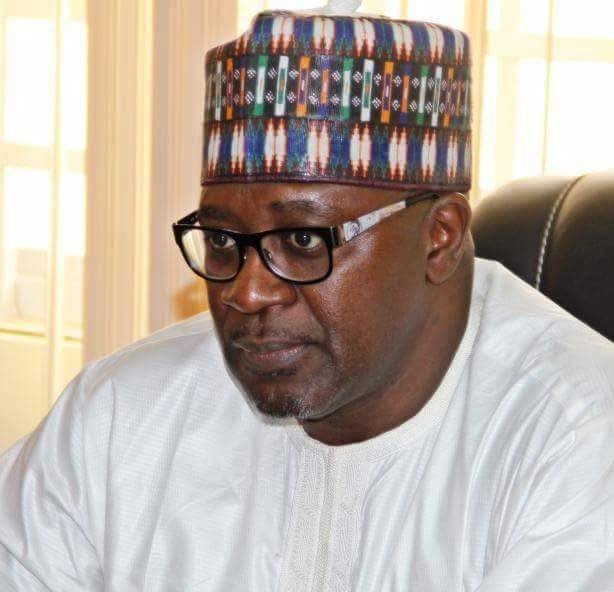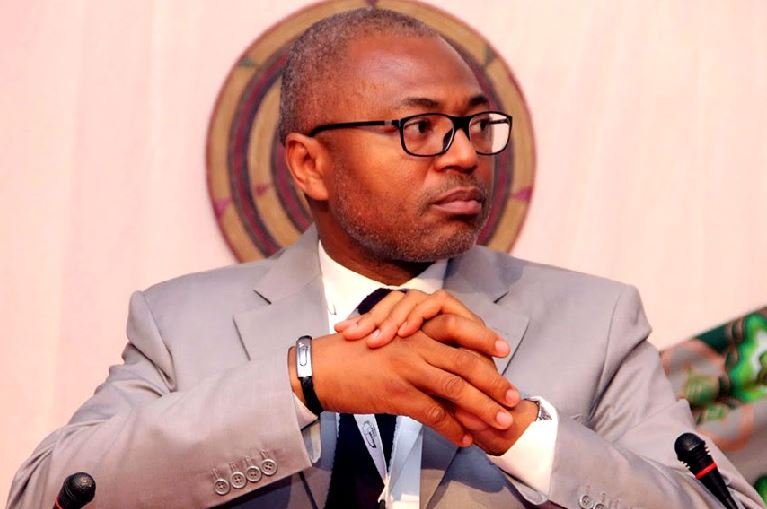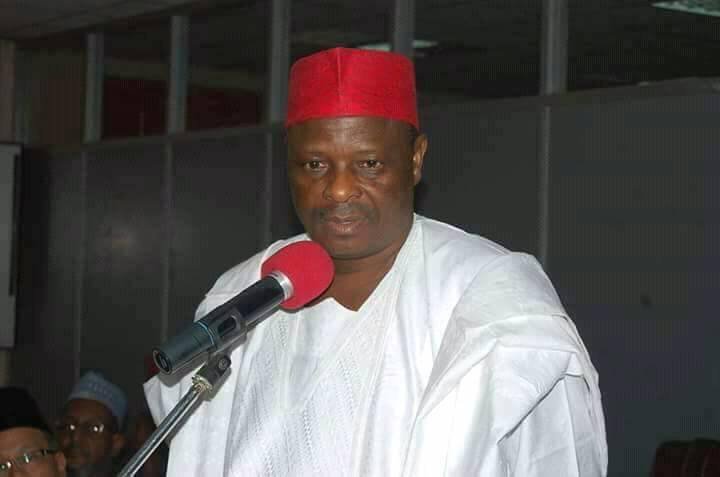As the controversy surrounding the 6th National Broadcasting Commission (NBC) Code is showing no sign of receding locally and internationally, there are hints that another major scandal may soon erupt in the broadcast regulatory agency.
Late last month, the NBC announced amendments to its broadcasting code, provoking lots of disapproval from industry stakeholders.
Sources within the commission, however, disclosed that the controversy arising from the amendments to the code may soon be overshadowed by a new scandal, which is related to the expected release of funds for the start-stop Digital Switchover (DSO) project of the Federal Government.
The Federal Government, said sources, is about to release the sum of N15 billion from a total of N56 billion meant for the DSO, an amount many in the NBC believe is may eventually end up in private pockets.
The DSO project has remained without progress, as it has been beset by a variety of problems, notably, corruption, leading to the suspension and ongoing prosecution of Malam Ishaq Modibbo-Kawu as the Director-General who some insist may just have ended up a just a pawn in a huge corruption ring.
Modibbo-Kawu, was, in February, suspended from office for alleged involvement in a N2.5 billion fraud and is being prosecuted at a Federal High Court in Abuja by the Independent and Corrupt Practices Offences Commission (ICPC) along with Dipo Onifade and Lucky Omoluwa, now deceased.

They are facing a 12-count charge of fraud and money laundering. Modibbo-Kawu is accused of using his position to confer a corrupt advantage on Mr Omoluwa, his friend and associate, to whose Pinnacle Communications Limited he paid the sum of N2.5billion as “seed grant” under the Digital Switch-Over Programme of the Federal Government.
According to the ICPC Modibbo-Kawu’s decision to pay Pinnacle Communications, a privately-owned firm and one of the signal distributors for the DSO project, was in contravention of the Federal Government’s White Paper on the switchover from analogue to digital broadcasting, which does not provide for payment of seed grant to any private operator for the DSO, but recommended only that a seed grant be given to an independent company to be formed from the Nigerian Television Authority (NTA) as a major broadcast signal distributor.
This, explained sources, was why the NBC under the former D-G, Mr. Emeka Mbah, paid the first national signal distributor, Integrated-Television-Services (ITAS) N1.7 billion as seed grant to enable it procure equipment and commence operations. Mbah is also facing fraud charges brought against him by the Economic and Financial Crimes Commission (EFCC).
Aside contravening provisions of the White Paper, sources also disclosed that the amount paid to Pinnacle Communications was above the approval limit of the D-G, as such an amount is only approvable by the Federal Executive Council (FEC).

Modibbo-Kawu maintains that he did nothing wrong, as the payment was approved by the Information Minister, Alhaji Lai Mohammed, who told investigators that he relied on the expert advice of the NBC to approve the payment.
Counsel to Modibbo-Kawu, Abdulhakeem Mustapha (SAN) said during a court appearance that the ICPC cannot link his client to the charges, as the Information Minister did not query the transaction. He wondered why the prosecution is not keen on bringing the Minister to testify in a transaction that was approved by him.
The ICPC said Mohammed will only appear as a witness, effectively excluding him from the alleged crime.

NBC sources revealed that the lack of accountability that attended the seed grant will be repeated when the expected N15 billion is released. They explained that the acting D-G, Professor Armstrong Idachaba, who is desperate to be appointed in substantive capacity, is so intimidated by the Minister, will bend to every wish of the minister.
“The acting D-G is too scared to object to the Minister’s directives, even with the support of the NBC Board. The Minister has been riding roughshod over the Board, an action at variance with the NBC Act, which prohibits ministerial interference. With the Minister able to do as he wishes, the funds expected to be released for the DSO funds could go the way of the amount previously released,” said a source.
ICPC investigators said a total of 47 suspicious transactions were originated by Omoluwa, who was Chairman of Pinnacle Communications, immediately after the receipt of the funds on 2 June 2017.
“The transactions include payments of N363 million to one Idowu Olatunde, N274.4 million to one James Segun and N127 million to Onifade. Onifade explained that he received the money as legal fee he rendered to the company.
“A Bureau de change operator, Salisu Daura, who also testified in court, said he received N167m in two instalments of N97 million and N70 million. Daura added that the sums were converted into $265,000 and $195,735 at the rate of N360 to US dollar, and handed the cash to one Alhaji Sabo, supposedly on behalf of Pinnacle Communications,” the ICPC said in a statement.
The latest instalment of controversy involving the NBC is around the new regulatory framework it released to the public three weeks ago. The framework, tagged the 6th Broadcast Code, has attracted disapproval and derision from many industry players.
Notably, it seeks to criminalise exclusivity of broadcast content, mandate broadcasters with exclusive rights to sub-license rivals and empower the NBC to legislate sub-licensing fees if a dispute arises between rights holders and prospective licensees.
NBC sources said the Information Minister’s disregard for the NBC Board is what led to the code, which has been widely described as draconian and an attempt, according to a commentator, to institute “Soviet-style command economy”.
A top NBC source said the code was finalised in 2016 and was submitted to the Minister, who stopped its release and then requested the input of a failed pay television service provider, who inserted the amendments currently causing anger in the industry.
In 2017, said the source, the Minister sent the code back to the Board with the controversial amendments, but it was rejected by the Board, which proceeded to excise provisions sneaked into it.
The Minister, maintained the source, prevented the Board from releasing the code.
Following the dissolution of the Federal Executive Council last year, the Board approved the release of the code in its original form. However, when the Minister was re-appointed, he stopped the release, sent the code back to the former pay television operator to have the controversial amendments re-inserted.
The fear in the NBC at this time is that the about to be approved N15 billion will end up another round of “food for the boys” even as Nigeria’s digital migration continues to be a mirage.











